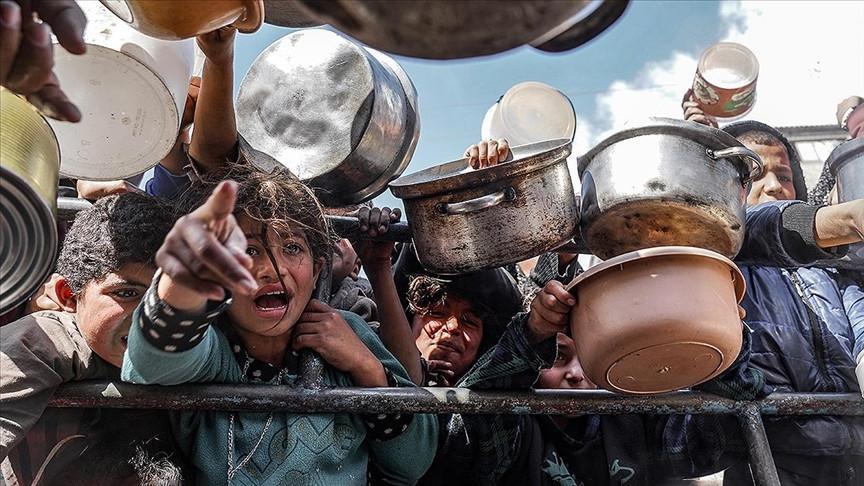
Malnutrition rates are climbing in Gaza and could have severe long-term effects on children, according to the World Health Organization's representative for the Palestinian territories.
Speaking at a U.N. press briefing in Geneva, Richard Peeperkorn described alarming scenes in clinics and hospitals, including a facility in northern Gaza where "11 percent of children screened suffered from acute malnutrition."
"What we see is an increasing trend in generalized acute malnutrition," Peeperkorn said, adding, "I've seen a child that's five years old, and you would say it was two-and-a-half."
He warned that without proper nutrition, clean water and access to healthcare, the consequences could be irreversible.
"Without enough nutritious food, clean water and access to healthcare, an entire generation will be permanently affected," he said, noting the potential for "stunting and impaired cognitive development."
He also described how common illnesses like gastroenteritis and pneumonia are turning deadly due to hunger-related immune deficiencies. "You normally don't die from starvation. You die from the diseases associated to that," he said.
The WHO, citing figures from the Palestinian Health Ministry, reported that at least 57 children in Gaza have died from malnutrition since the blockade on aid began on March 2.
"If the situation persists, nearly 71,000 children under the age of five are expected to be acutely malnourished over the next eleven months," Peeperkorn said. He added that "nearly 17,000 pregnant and breastfeeding women are also at risk."
His remarks came as Israel’s military announced a strike on a Gaza hospital it said was sheltering Hamas militants. Hamas said the attack killed a journalist who had been receiving treatment after being wounded in a previous Israeli strike.